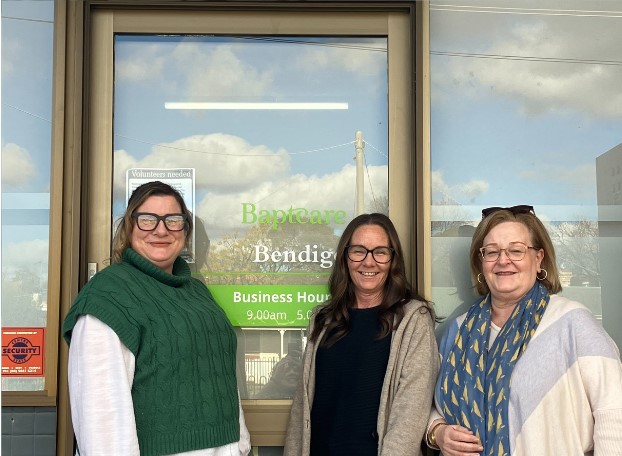News and views from our community
-
Team Spotlight: Home Start, Mother Goose and Supported Playgroup Team in Bendigo
Baptcare runs the Home-Start, Supported Playgroup, and Parent-Child Mother Goose Programs in Bendigo. Jane, Home-Start Team Leader; Angie, Group Facilitator, Mother Goose Program and Supported Playgroup; and Jess, Group Facilitator, Mother Goose Program and Supported Playgroup, are our wonderful team members, dedicated to helping families and connecting them with strong support within the local Bendigo and Macedon Ranges communities. Keep reading to learn more about these exceptional employees, their work, and why they love what they do.
- 30 Jan 2026
-

Staff Spotlight | Lois Yamuta – Project Lead, Living Well Together
What inspired you to work in aged care and how did you come to lead the ‘Living Well Together’ program? My career in aged care started in New Zealand. I was studying Healthcare Management, where I was also introduced to aged care nursing, and the rest is history!
- 28 Jan 2026
-

Staff Spotlight | Belinda Evans – Baptcare Scholarship Winner
At Baptcare, we believe that investing in our people is the key to our shared success. That’s why we’re proud to offer the Baptcare Scholarship Program, providing up to $2,500 to support permanent employees, both full-time and part-time, in pursuing further education and professional growth.
- 27 Jan 2026
-

Starting school with a developmental delay or disability | What parents and carers need to know
Starting primary school is a major milestone for every child. For families of children with disability or developmental delays, it can bring extra questions and emotions. With the right support, this transition can be a positive and empowering experience.
- 21 Jan 2026
-
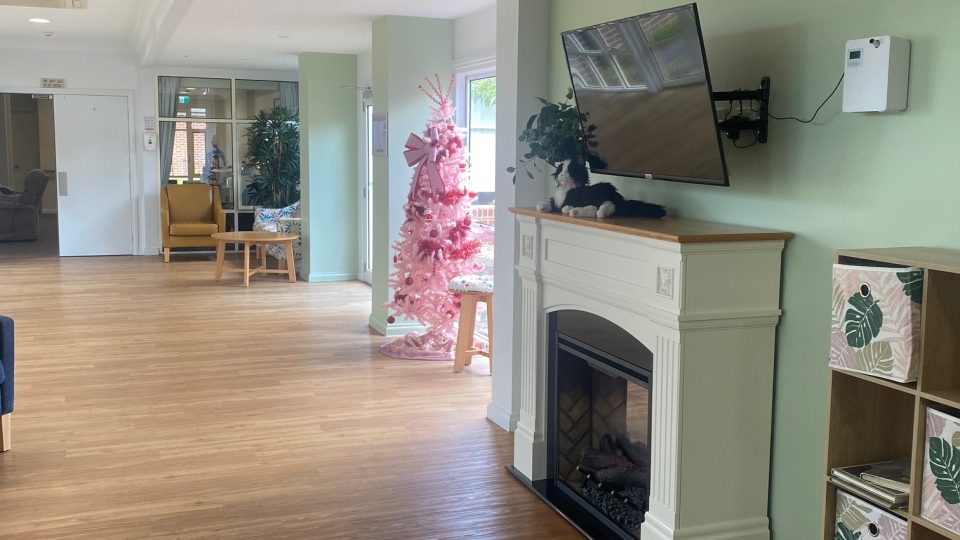
Opening doors: transforming aged care at our Heritage Manor community
At Heritage Manor Residential Aged Care community in Morwell, a quiet revolution has taken place – one that began not with grand gestures, but with a simple decision: to open a door.
- 16 Jan 2026
-
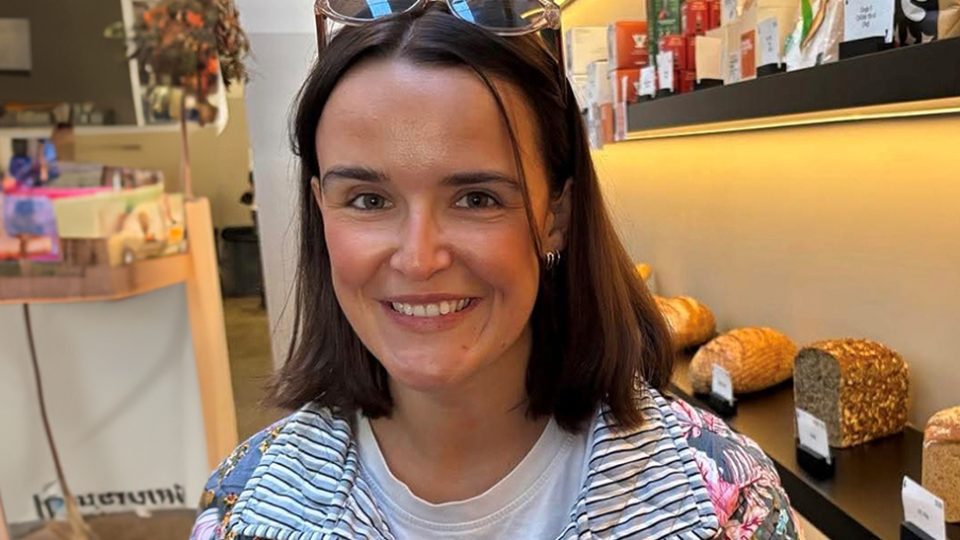
Staff Spotlight: Annabelle Hancock
Meet Annabelle Hancock, Statewide Carer Support Liaison Officer for the Foster and Kinship care team based in Tasmania.
- 06 Jan 2026
-
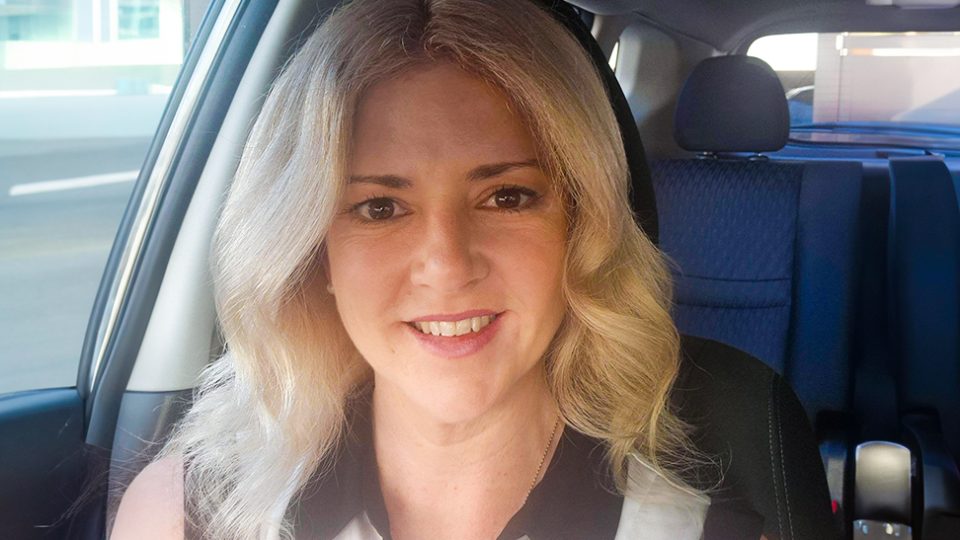
Staff spotlight: Alicia Johnston
We are very proud of our talented and dynamic workforce and enjoy following their professional work journeys. Roles aren’t static at Baptcare. There is flexibility to grow and develop into different areas, such as Alicia Johnston’s experience.
- 06 Jan 2026
-
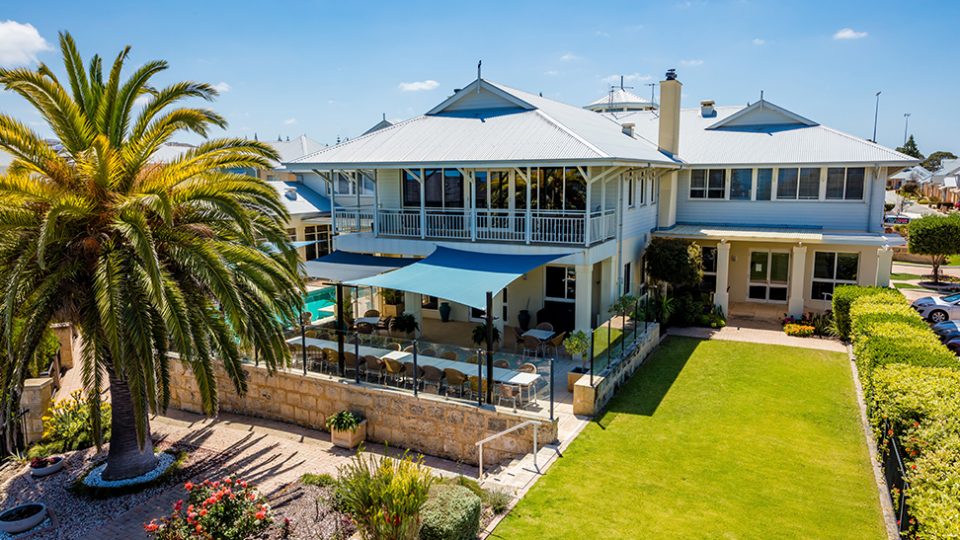
BaptistCare to acquire Keyton’s Western Australian retirement village portfolio
BaptistCare is pleased to announce that we have entered into an agreement to acquire Keyton’s portfolio of retirement villages in WA.
- 13 Nov 2025
-
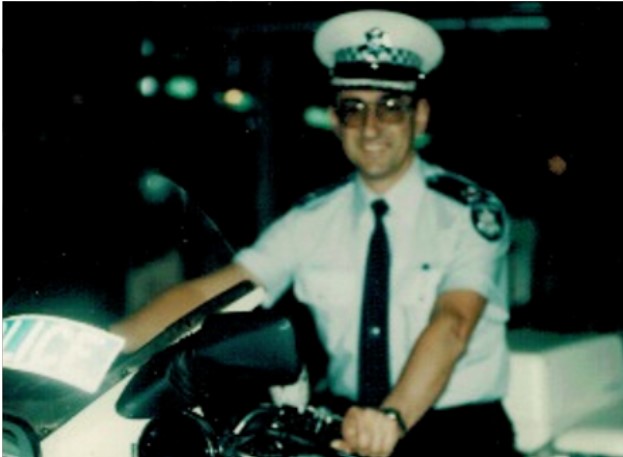
Spotlight on Residents: Reg Baker
At Baptcare, we are always delighted to learn more about our residents’ lives. They are often filled with excitement, joy, and adventure, and it truly reminds us how rich a person’s life is—and continues to be—when they join one of our residential aged care communities. Today, we are honoured to share the remarkable story of one of our residents, Reg Baker, who lives at Baptcare Peninsula View Residential Aged Care community.
- 10 Nov 2025
-
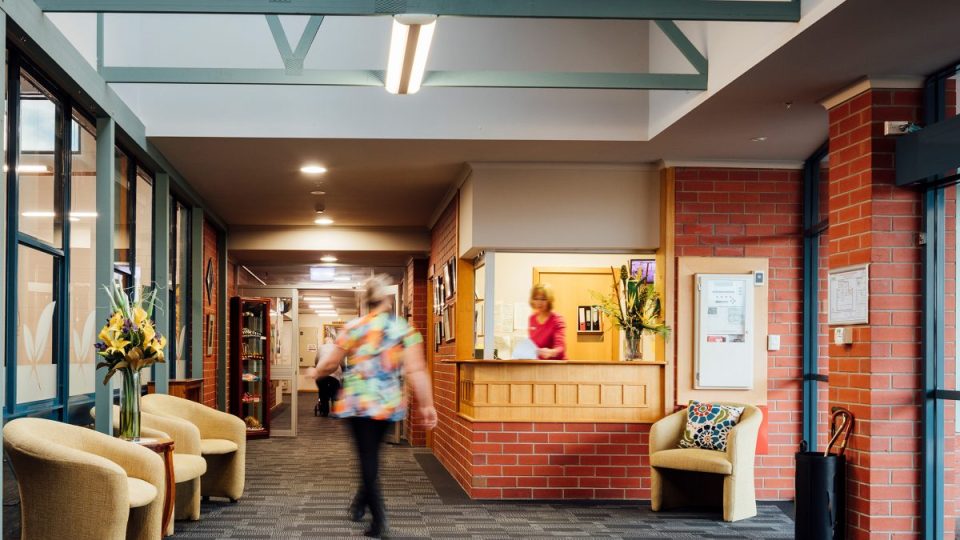
Staff spotlight | Leonie Irvine – 35 years of service in aged care
Leonie is one of our dedicated Lifestyle Assistants at Karingal Residential Aged Care community in Devonport, Tasmania. She recently celebrated an incredible milestone - 35 years of continuous service at Baptcare. In a sector where long-term service is increasingly rare, Leonie’s 35-year journey stands out as something truly special.
- 10 Nov 2025
